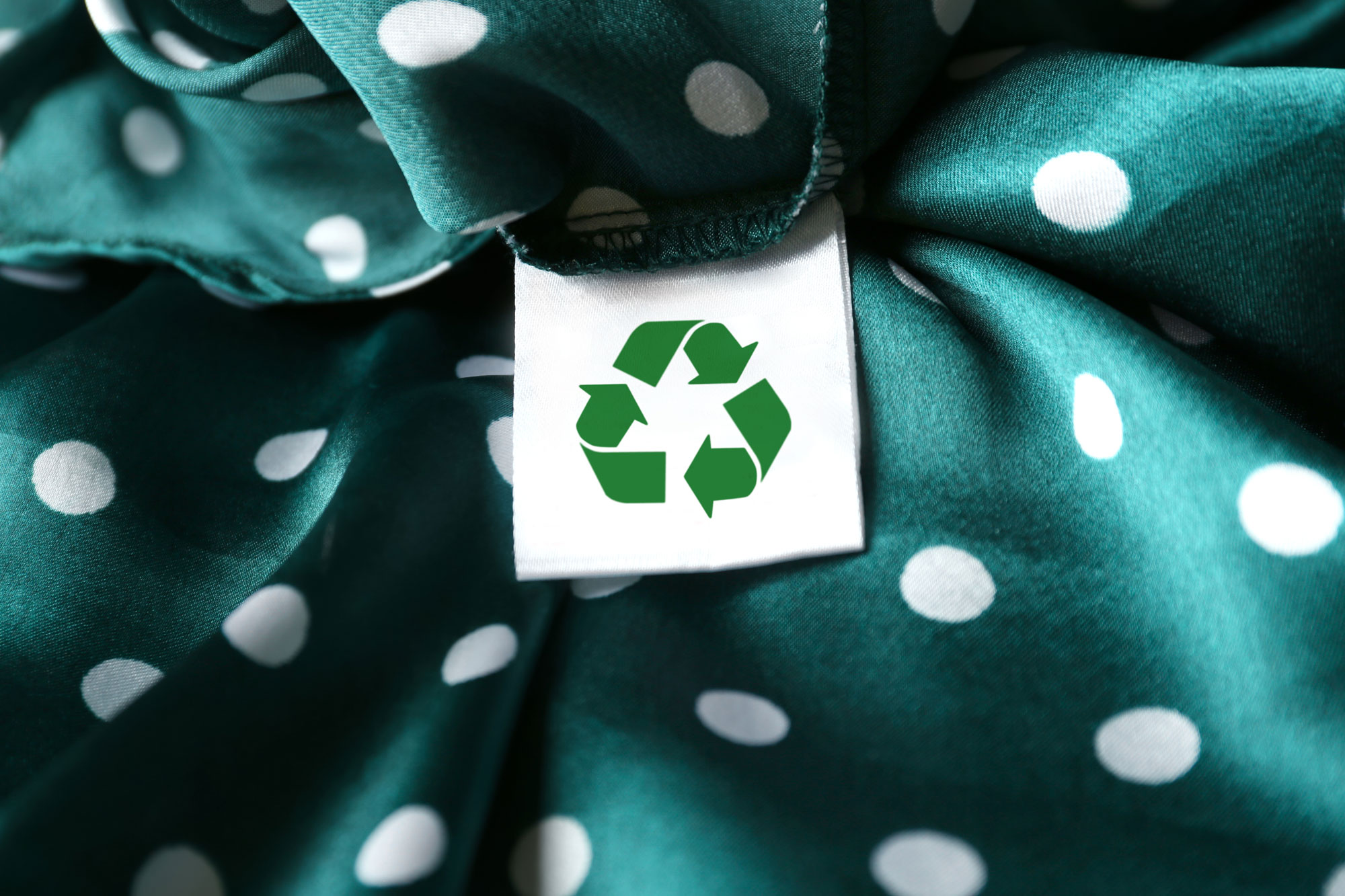Looking for an ethically sustainable, environmentally friendly fabric printer?
If you’re like us, then you care about the environment. You try to do your bit by recycling and conserving energy where you can. But what about the way we produce the materials we use everyday? There are some fabric printing processes that can be extremely harmful to the environment if not done ethically and sustainably. Luckily, there are companies out there who are doing things the right way. In this blog post, I’ll introduce you to how we maintain our ethical sustainability as fabric printers, and tell you why it’s important to carefully consider eco-friendly options for your fabric printing.
Making sustainable choices when it comes to fabric can help reduce your impact on the environment. By selecting recycled materials and using environmentally friendly printing methods along with ethical protocols, you can create beautiful fabric designs while helping to protect the planet.
How do we make sure we’re selecting Sustainable Textiles?
There are a number of ways to make sure your fabric choice is sustainable. One is to look for materials that are made from other recycled materials. Recycled fabric is a great way to reduce your carbon footprint, as it takes less energy and resources to produce. We have a selection of fabrics available here that are either completely or part-made using recycled materials.
When it comes to the printing portion of your fabric selection, there are a few things to keep in mind to make sure the process is as sustainable as possible. One is to choose a printer that uses water-based inks instead of solvent-based inks. Water-based inks are less harmful to both the environment and your health, they also tend to produce brighter and more vibrant colours. At Mereton, all of our inks are water-based and any minimal waste is disposed of accordingly (we never pour any of our inks down drains!).
Another way to make sure your fabric printing is more eco-friendly is to select a printer that uses digital technology (like us!) Instead of traditional methods relying on larger quantities and higher stock holdings. Digital fabric printers use less water and electricity, inks are less likely to include hazardous chemicals, and it’s all printed on demand, so no additional consumption in the way of fabric, paper, or energy is required.
What is Ethical Sustainability?
Ethical Sustainability, much like Sustainable Textiles, is the process of making sure materials are sourced and created in a way that is not harmful to the environment or the people involved.
It’s not just about where and how the fabric was sourced, it’s also about all of these other processes to make sure we’re all doing our part in ensuring this world has an amazing future ahead!
When it comes to Ethical Sustainability in the textile industry, there are a few key things to keep in mind. First, it’s important to think about where your fabric is coming from. If it’s coming from a country with poor working conditions or environmental regulations, it’s likely not ethically sustainable. Second, consider the entire life cycle of the fabric. How will it be disposed of when you’re done with it? Can it be recycled or reused? And finally, think about the chemicals used in the creation of the fabric. Are they safe for the environment and the people who will be wearing the fabric?
Ethical Sustainability is an important part of creating a sustainable future for our planet, and it’s something we can all strive to achieve.
The key aspect here: sustainability doesn’t just mean using recycled content or eco-friendly pesticides, but focuses more holistically around ensuring there isn’t any kind of harm coming towards workers who produce them – from where they’re sourced all the way through production to what happens after you’ve made your purchase.

Are man-made or natural fabrics the better choice for Sustainability?
In the debate of whether to use natural fabrics or man-made ones, some people feel that because polyester is made from plastic which uses fossil fuel during its creation it should be avoided. However we must also look at both sides: one being how much water cotton takes up in production (5,000 gallons for just one t-shirt and jeans!) and secondly whether or not this fabric actually helps protect our environment more than any other options such as recycled material sales (which can sometimes end up using energy sources like coal).
So, what’s a sustainable fabric printing choice? It can be tough to know sometimes. But we’re here to help. If you have any questions about the sustainability of our fabrics or want more information on our printing process, please don’t hesitate to contact us.
We appreciate your interest in choosing environmentally friendly textiles and look forward to working with you!




